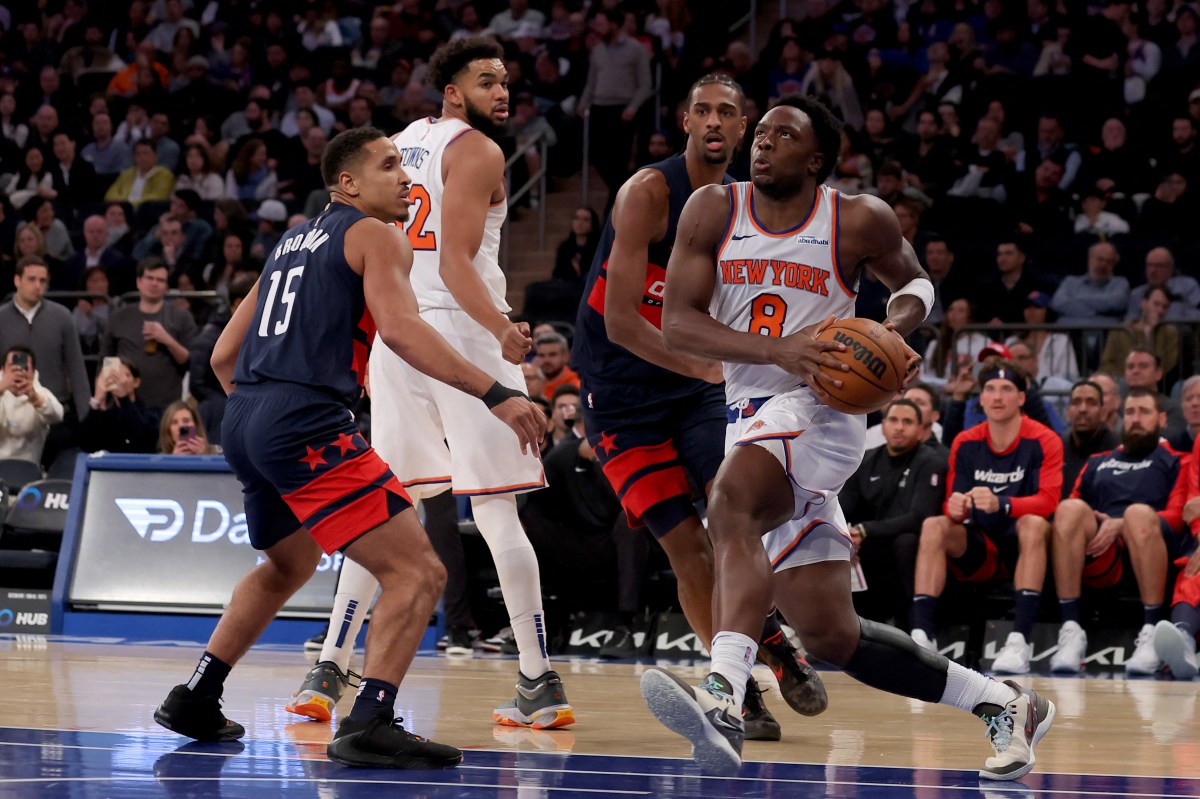Gambling
Whitfield: A bad gamble for Texas

Despite millions spent on lobbying and advertising; despite the Texas Destination Resort Alliance’s slick website featuring vibrant 20-somethings, vague promises and limited information; despite local media rehearsing the aforementioned limited information in what at times seems to be more promotion than journalism; despite the Adelson family having bought the Dallas Mavericks, making the team a front for a game bigger than basketball — despite all this, casino gaming is a terrible idea for Texas.
I have little hope we will collectively resist this folly, for we generally no longer have the capacity to see such horrible ideas for what they are, much less resist them. We no longer have much of an ear for moral arguments at all. Such talk is immediately banished from public conversation, called puritanical, dismissed as value while dissected from fact. It’s a peculiarly contemporary sophistication— econometric, data-driven.
Impotent against the felt momentum of that particularly powerful and dangerous modern enchantment with what we call “progress,” to raise the question of morality is inevitably to be laughed out of the room either by the developer who talks about “growth” or the politician who talks about the “right side of history.” It’s to be figured as irrelevant as a preacher. It’s to insist we wait upon the sociologists who only after they have collected their data can tell us if anything was a bad idea — always and conveniently after the fact. Such is the appeal and utility of sociologists to the modern sophisticate.
But the data is coming in, trends appearing in the form of a growing litany of surveys and headlines. It’s buried, though, under glittering media and countless profit-maximizing behavioral nudges. Gambling-related advertising is ubiquitous, the gamification of almost everything is almost everywhere. Dave and Busters now allows customers to bet on arcade games.
After the 2018 Supreme Court decision that gave states the green light to legalize betting on sports, now gambling is being covered over with an aura of legitimacy and respectability: celebrity-studded ads, and talk of point spreads woven into color commentary.
In this way, gambling is normalized, rendered desirable — a harmless, middle-class pastime. But as Jay Caspian King wrote recently for The New Yorker, “None of this means that gambling has become a clean business. It just means the action is controlled by people with deeper pockets and greater influence, who can persuade more people into thinking that betting on sports is something other than what it has always been.”
See here the growing number of headlines telling of one gambling scandal after the next. It’s not just Shohei Ohtani’s interpreter getting into trouble. It’s Amit Patel, former employee of the Jacksonville Jaguars, serving time for embezzling more than $22 million, some of it spent on online gambling. It’s the 10 NFL players banned in 2023, some of them for an entire season, either for betting on games or violating league policies on gambling. And it’s 1 in 10 American college students who are pathological gamblers, fed daily enticements via smartphone apps, according to a study from the University of Buffalo.
It’s also league employees, members of players’ families, anyone with inside information who, like an alcoholic in a bar, may not be strong enough to resist temptation. As Robert Williams of the New York State Gaming Commission put it to The New York Times, “I think you’d be insane to think that there isn’t going to be some scandal that relates to somebody attempting to influence an outcome of an event.”
It is simply foolish to think that normalizing gambling as we have won’t ruin lives and compromise the integrity of sports. Whatever the billionaires of Las Vegas promise, or the commissioners and executives of professional sports, it’s precisely this ethically blind, short-term thinking that will, in time, ruin professional sports and no telling how many lives in the process. As Jemele Hill put it for the Atlantic, “Now it’s just a matter of how bad it can get.”
She’s right. But that’s moral talk, which, as I said, is a foreign language for us. I doubt it will do much to convince the faceless power behind Texas Destination Resort Alliance or those of us who don’t like to think too deeply about the morality or immorality of our pretty world.
So, what about Texas? It’s true gambling scandals in professional sports and casino gaming are two different things. Yet there is a likeness between them in that both mask real problems with apparent goods. Both rely on the utility of moral ambiguity and the management of scandal and ruined lives.
About the promises found on the website of the Texas Destination Resort Alliance, especially the vague promises of economic benefits, and despite the lobbied cheerleading of state representatives like Seguin’s John Kuempel who believes casino gambling will “help elevate Dallas to the next tier of big cities,” there is, “little empirical research to support these claims, to quote a study by Paulette O’Gilvie of Capella University, who studied the effects of casinos in New York City. These are nothing more than the ambiguous promises of politicians and salesmen, and we Texans should be smarter than that.
What is less vague is the predictable social damage gambling will do to Texans. When Phil Mickelson said his gambling addiction “isn’t any fun at all,” that was a wealthy and blessed man’s understatement. We know, studies have made clear, that gambling exacerbates existing inequalities, that an enormous amount of the profits of such “gaming” are made upon the ill-placed hopes and bad math skills of the socially and financially disadvantaged, leading to the sort of credit and debt crises that can devastate families.
Gambling is a vice that, even if it never becomes an addiction, does nothing good for the gambler. It is simply a bad habit perfectly designed to keep you poor. At the societal level, it is a lurid, predatory game. It’s the rich feeding on the poor. Not to mention it will also likely make Dallas a far uglier city. Don’t think Las Vegas; if you think that’s beautiful. Think Shreveport. But that will be nothing compared to the human ugliness casino gaming will bring. But I’ve wandered off into the moral again, haven’t I?
I’m ready to be laughed at, patronizingly thanked for my feedback, told to mind my own business, and tend to my flock. Which, of course, I will do no matter how beautiful or ugly Dallas gets. I simply would rather we think morally this time, think better, and stay beautiful in our own Dallas way.
We welcome your thoughts in a letter to the editor. See the guidelines and submit your letter here. If you have problems with the form, you can submit via email at letters@dallasnews.com









